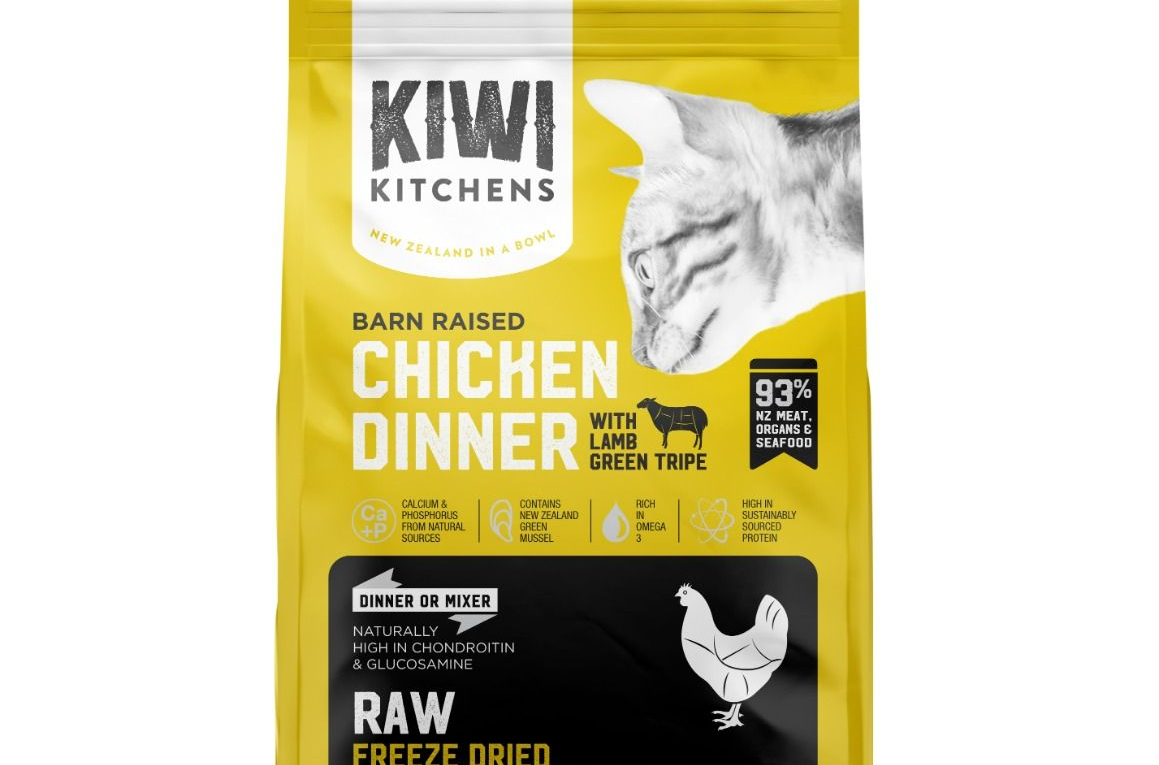The Role Of Vitamins And Minerals In Cat Nutrition
Are you worried about your cat’s health? Do you want to ensure that they are getting all the necessary nutrients in their diet? One of the key components of a healthy and balanced diet for cats is vitamins and minerals.
Vitamins and minerals play important parts in maintaining your cat’s overall well-being. They are essential for proper growth, development, and maintenance of various bodily functions. Without these micronutrients in your cat food, your pet may suffer from certain deficiencies that can lead to serious health issues.
Essential vitamins for cats:
Cats require a range of vitamins to maintain good health. Some of the most beneficial include:
- Vitamin A – Supports vision, immune function, and skin health. Found in liver, fish, and high-quality cat food.
- Vitamin D – Helps regulate calcium and phosphorus levels for strong bones and teeth. Unlike humans, cats cannot synthesise vitamin D from sunlight, so they must get it from their diet.
- Vitamin E – Acts as an antioxidant, protecting cells from damage and promoting a healthy coat.
- Vitamin K – Aids in blood clotting and is found in meat, liver, and some green vegetables.
- B Vitamins – Includes B1 (thiamine), B2 (riboflavin), B6, and B12, all of which support energy production, nerve function, and metabolism.
Essential minerals for cats:
Minerals play a significant role in maintaining various bodily functions. Some of the most important ones include:
- Calcium and phosphorus – Work together to support bone health and muscle function. These minerals must be balanced correctly in a cat’s diet.
- Magnesium – Assists with enzyme function and muscle health, but excessive amounts can contribute to urinary issues.
- Potassium – Helps regulate fluid balance, nerve signals, and muscle contractions. Deficiency can lead to weakness and lethargy.
- Iron – Essential for oxygen transport in the blood, preventing anaemia. Found in meat and organ tissues.
- Zinc – Supports skin health, immune function, and wound healing.
Ensuring a balanced diet:
A complete and balanced diet provides all the necessary vitamins and minerals. High-quality commercial cat foods are formulated to meet these nutritional needs, but if feeding homemade meals, supplementation may be required. Consulting a vet can help ensure your cat receives the right nutrients. For a hassle-free way to provide essential vitamins and minerals, choosing high-quality cat food is the best approach.
